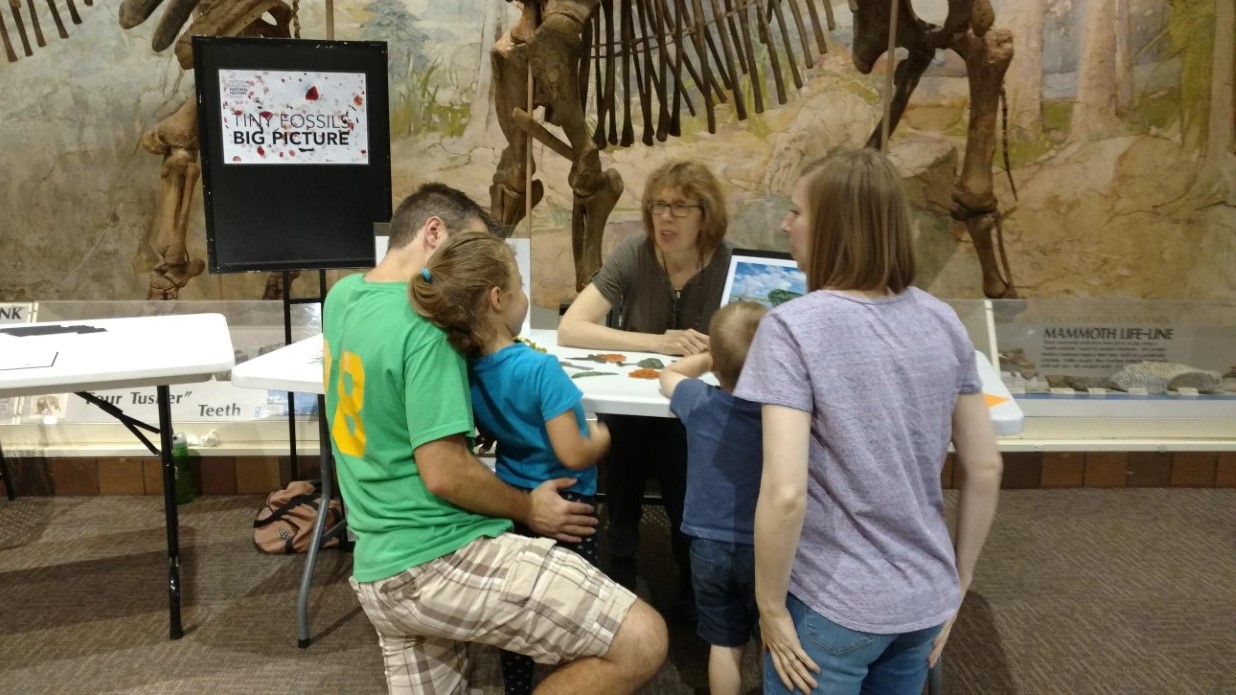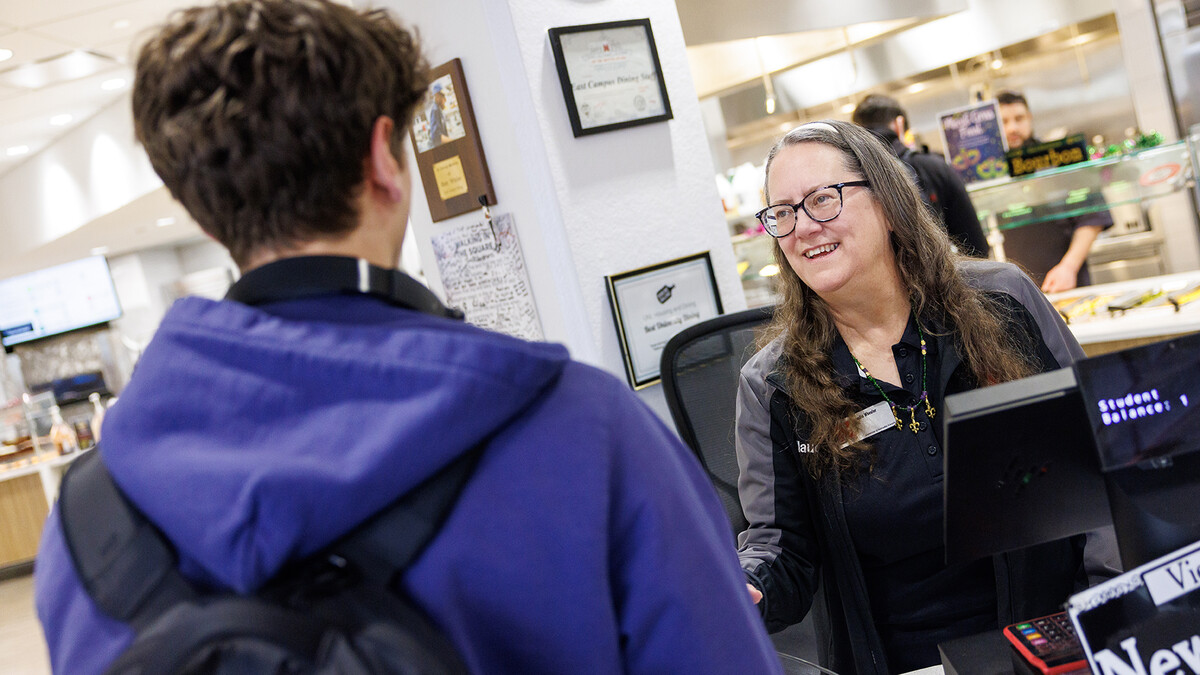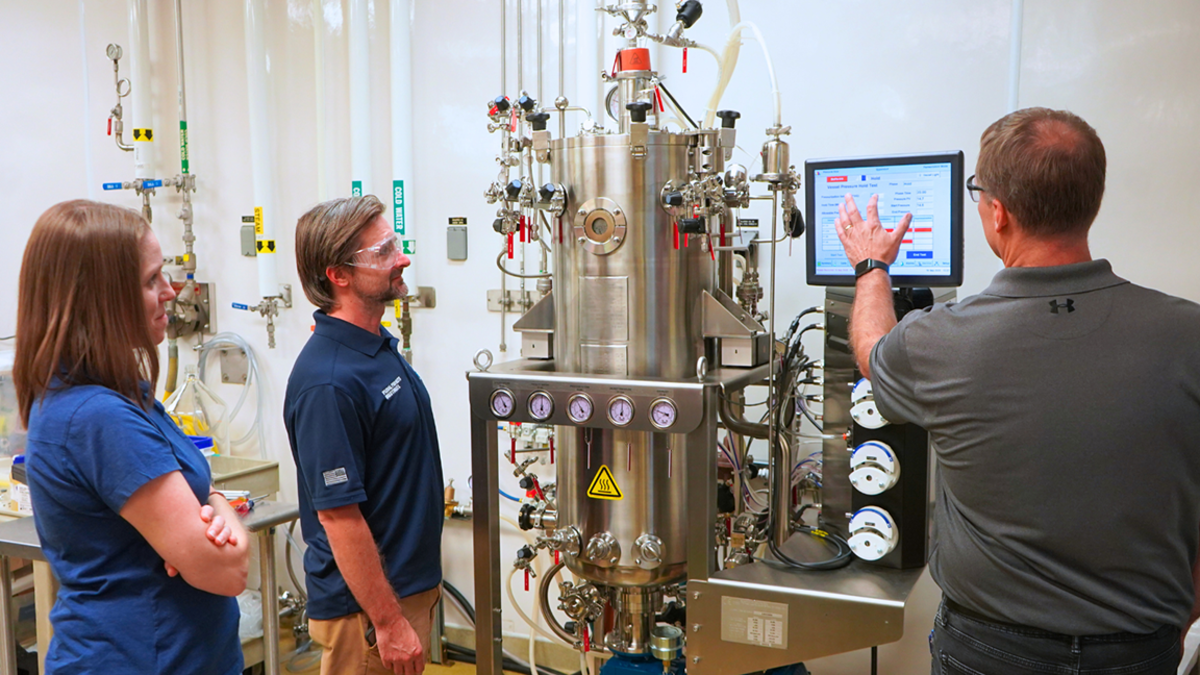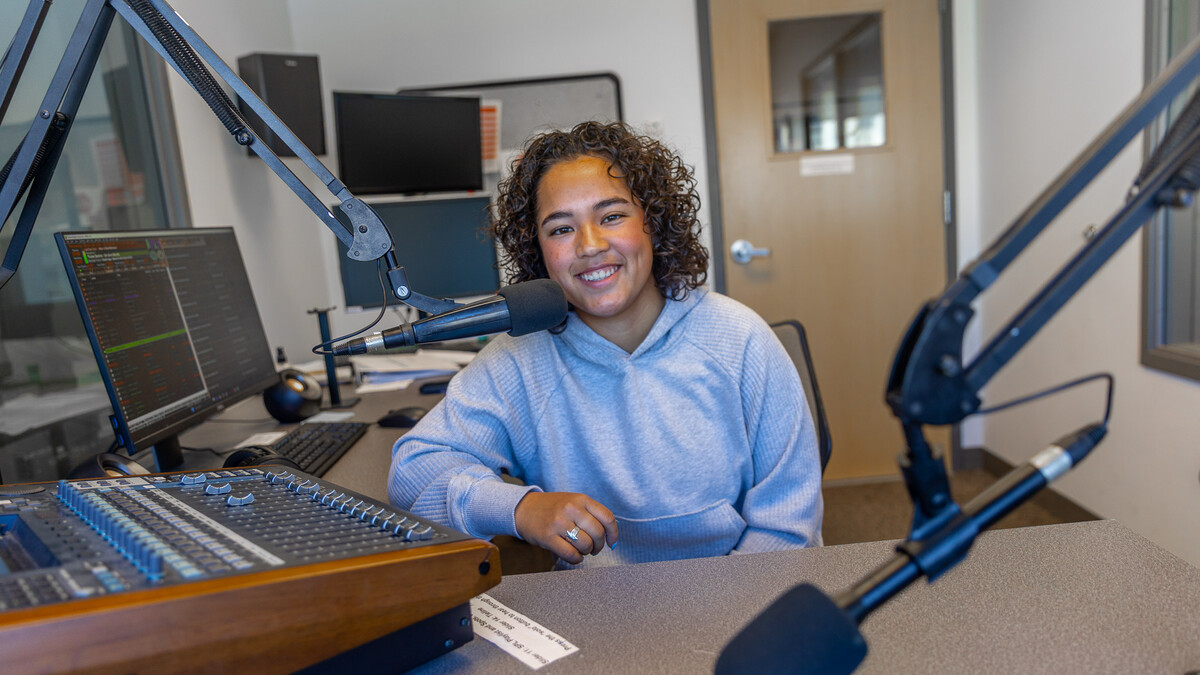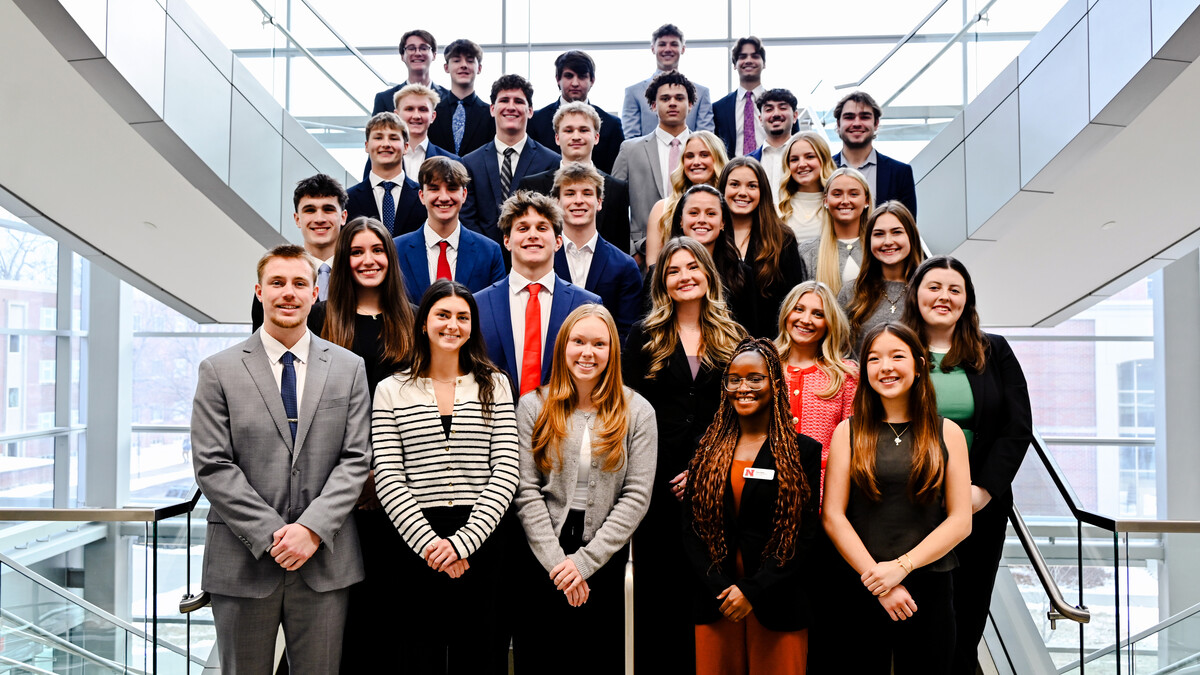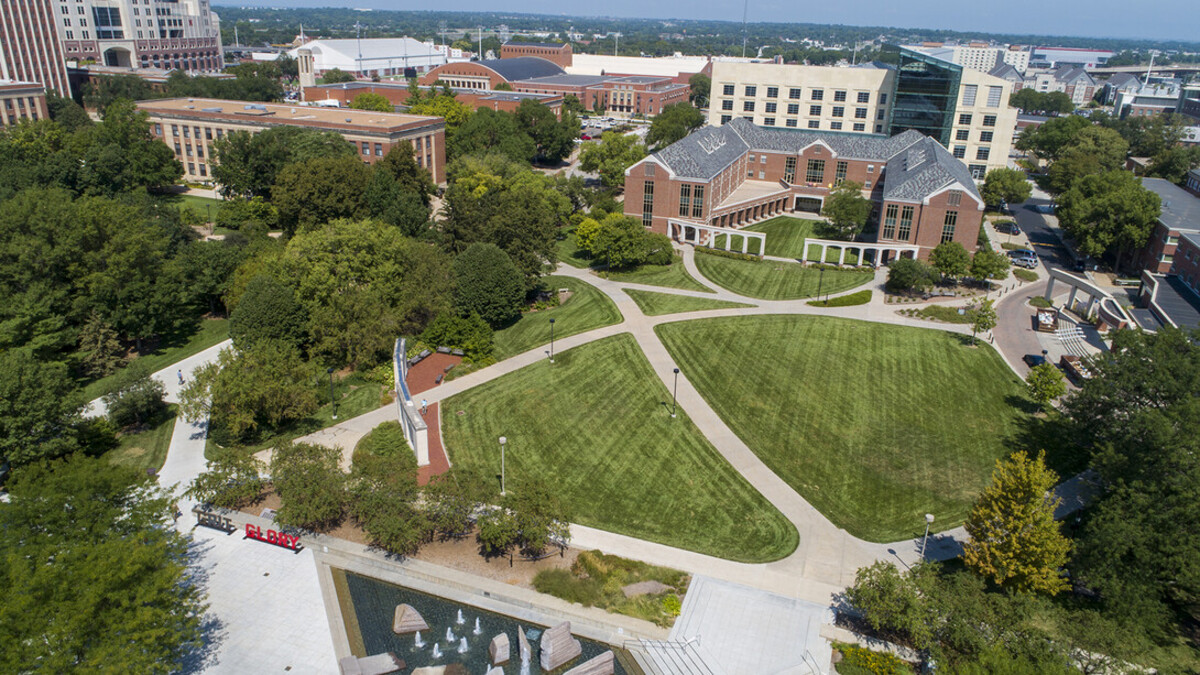
Visitors to the Ashfall Fossil Beds State Historical Park near Royal can experience the Smithsonian and become a paleontologist for a day during a special Saturday with a Scientist event, “Fossil Family Trees,” from noon to 4 p.m. Oct. 5. Visitors can participate in a variety of fossil-based activities developed with scientists at the Smithsonian National Museum of Natural History.
During the event, visitors can reconstruct ancient landscapes using fossil pollen, create family trees of modern and extinct elephants using fossil teeth, discover if the most recent common ancestors of whales and deer walked on land or lived in the water, play the virtual-reality experience “Deep Time Detectives” and work with a partner to discover the closest modern relative of a mystery fossil. The museum will also screen a 20-minute excerpt of the new PBS and Smithsonian Channel film “When Whales Walked: Journeys in Deep Time,” which traces the epic origin stories of some of the world’s most spectacular creatures. Show times are 1 and 2 p.m.
There is no additional fee for screenings or event participation. However, a general-admission fee of $7 per person and a valid Nebraska park entry permit are required to enter Ashfall Fossil Beds. Permits can be purchased at the park’s visitor center or here.
Saturday with a Scientist is possible due to a $25,000 National Science Foundation sub-award through the Smithsonian’s National Museum of Natural History and Twin Cities Public Television. The program grant enabled the University of Nebraska State Museum to host a similar event at Morrill Hall on Sept. 22.
